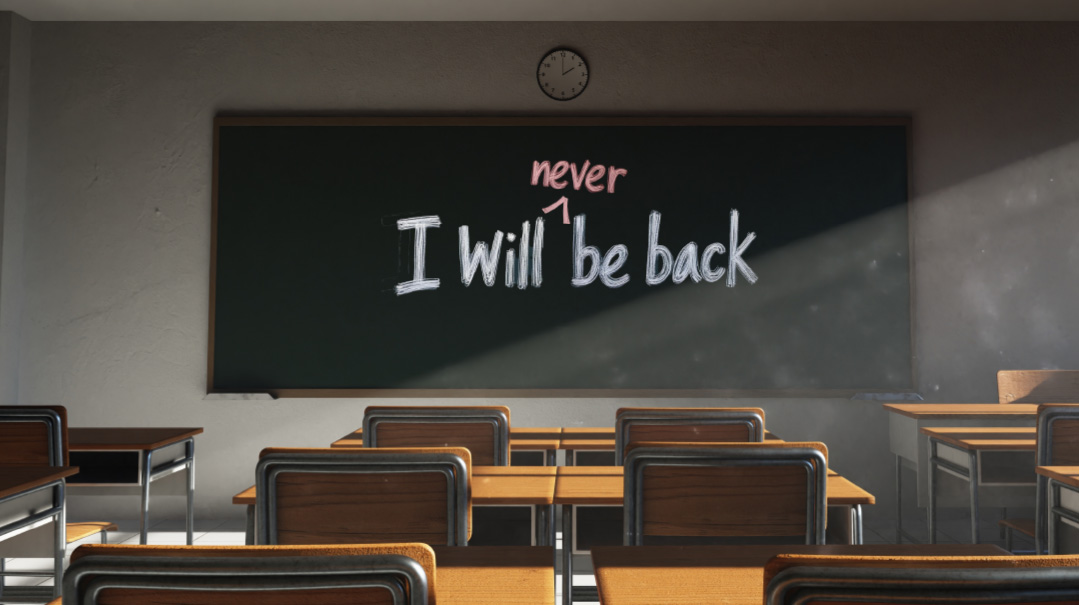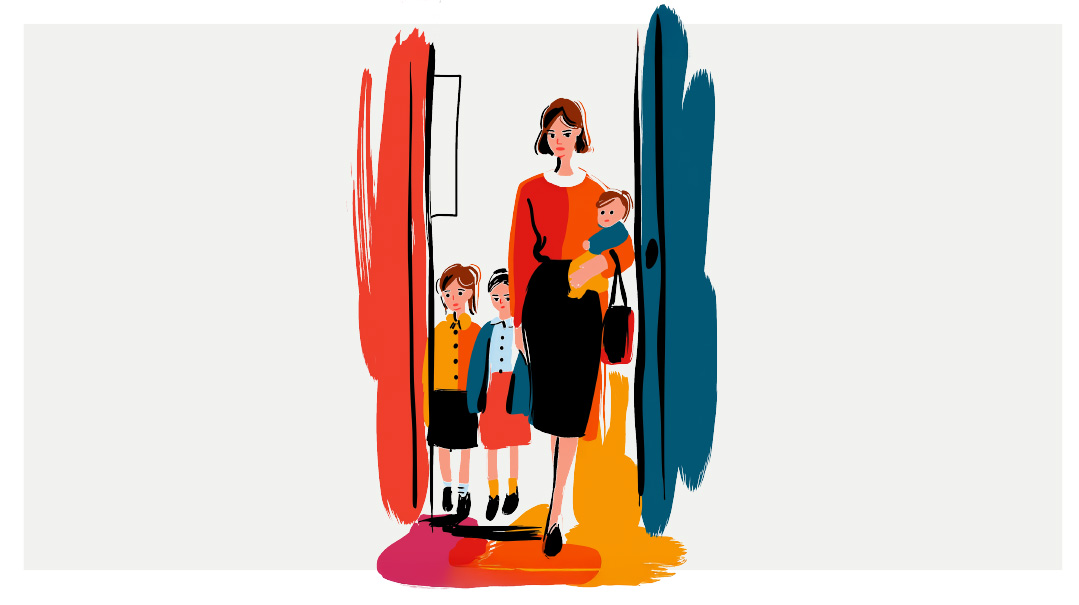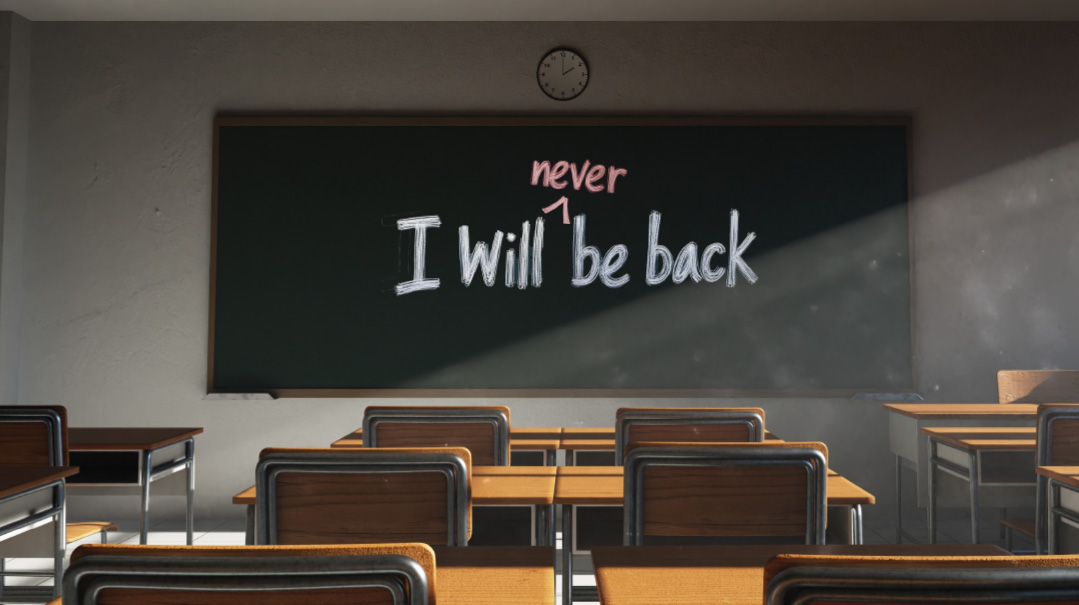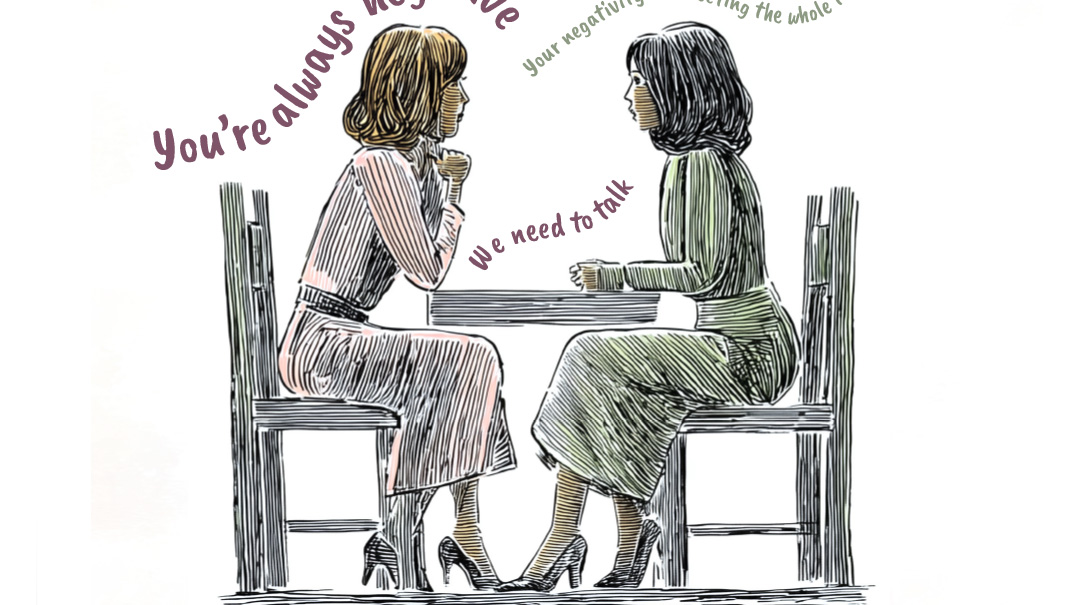Elephant in the Therapy Room
| April 16, 2024Let’s start with the most basic question: Does the age of a therapist really matter?
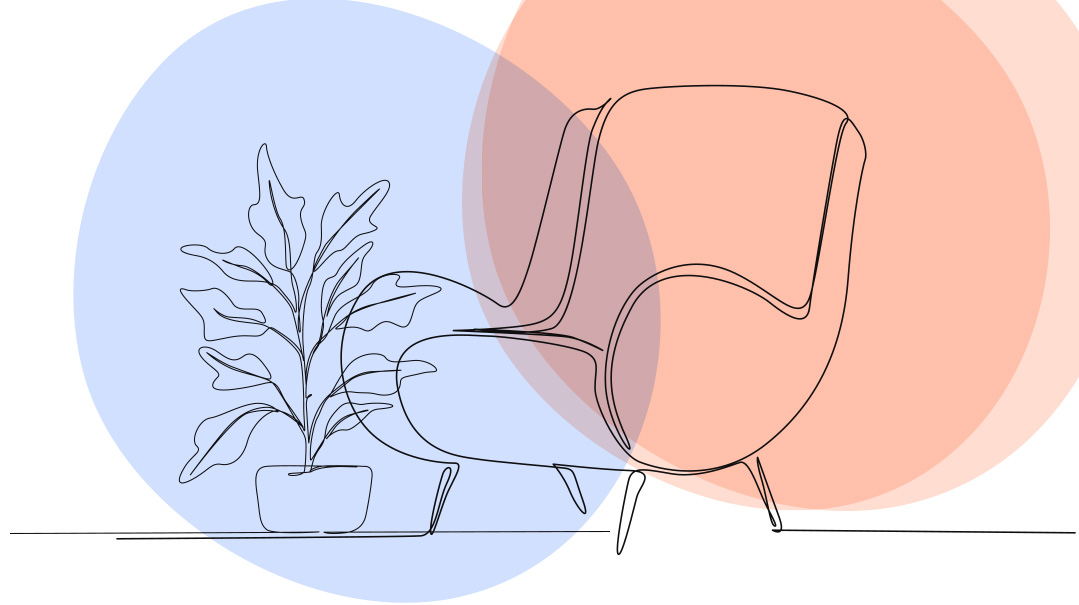
Over the last seven years, I and our team have interviewed over 800 therapists to facilitate referrals for our Links Family members.
In reflecting on all those referrals and our case management, my belief in the importance of the therapeutic fit has only grown. And one of the undeniable elephants in the room is the role the age of a therapist plays in the work done in the therapy room.
So let’s start with the most basic question: Does the age of a therapist really matter?
Like most good things in life, it depends.
It depends on the client — and in the case of a child entering therapy, it also depends on the parent.
I’ve heard people be shy about voicing their thoughts about the age of a prospective therapist. For many well-mannered people, it feels rude to ask about the age of the clinician. There are also clients who feel that it shouldn’t matter and therefore if it makes a difference to them, it’s likely a “bad thought” to be swatted away. There are others who equate clinicians with any other doctor. Do you ask your insurance company how old your dentist is before scheduling that extraction? So why isn’t it the same with therapy? Or so the argument goes.
And yet, it doesn’t feel the same. One of the main healing aspects is the therapeutic relationship, and that plays a very big part in the success of the treatment. So unlike the medical field where it’s all skill and experience — here, in addition to skill, a lot is hinging on the relational aspect of the therapeutic alliance.
I always assure the person looking for a referral that it’s actually a very fair question. Some will feel more comfortable asking about age to a third party like a referral agency or rav as opposed to asking the therapist directly. (And I actually think there is wisdom in that!) But if it’s a question that matters to you — you absolutely should get that answer before beginning therapy with the clinician.
We all have biases and beliefs. For some who have challenging lives, safety lies with anyone older than they are. For others, it needs to be someone in a similar stage of life who would “get it,” like a fellow mother of teens. Still others need someone young, because that’s what they’re drawn to.
For clinicians it’s important to know that age is one factor among many, but it is a real factor that plays out in the room and often may need to be addressed. If a clinician knows there is a large age gap (e.g., a 21-year-old clinician seeing a 49-year-old client), and senses that something in the room feels off, the elephant may need to be raised. “I’m curious as to what it feels like for you to be in a room with someone who is close in age to your children. Are you comfortable with that? Is there anything that would make it more or less comfortable?”
A clinician who makes their age a non-taboo topic, and one in which they’re clearly going to be comfortable with a response that goes either way, is doing their client a tremendous service.
This next part may get me into a lot of trouble, but no, your daughter coming home from seminary, or your 20-year-old yeshivah bochur may not be the right candidate for social work school. Here are factors to consider:
Do you and your child actually know what therapy is? Are you making a decision from a place of intimate knowledge? Or do you have beliefs about therapy being a great career for the girl who is a phenomenal listener and always had the right things to say, or for the boy who’s always been caring and helpful? If neither of you have ever been to therapy, you may be entering the field under very mistaken beliefs.
The schooling is (and should be!) tough. Sure, personality and life experience play a huge role — but so does school. It’s not just the many readings and writings; there are also the internships. An average internship requires 15-20 hours a week of working in a clinical environment. And while some schools may be okay with a lighter first-year internship, any school worth their salt will insist on a true clinical environment for year two. In those clinical settings, an intern needs to be ready to dive right in and meet clients where they are. Often, clinics will give a real mix of clients to provide for a healthy mix of experience, which is often what makes for a phenomenal future therapist. And along with all that, students also need to learn to carry another’s pain. Is your child up to that? Can they juggle that along with possibly dating and/or early marriage?
The sky isn’t the limit. For many young clinicians in the frum community, the first many years of their career will be spent almost exclusively in school and clinic settings, or working with limited or younger populations only. And the salary may be limited in those settings. Does your child have patience to play a long-run game?
How good is your child at staying humble? Will they be okay with possible client rejection? Will they be okay with accepting how little you know about many life stages? I’ve had mothers frustrated and infuriated that their daughter has so few clients in the clinic compared to her college classmate who is ten years older than she is… and while that’s not true in all settings, it’s a reality young therapists should be prepared for. Many clients have said, “I’m not comfortable seeing someone so young.” Does your child have that humility innately, or will it be a struggle?
Are they ready to discuss all the topics that come up in therapy? Almost nobody enters therapy because life is going really well and they just want to figure out how to make it even better. Most people enter therapy because of human struggles, family struggles, past traumas, current trauma, mental illness — and of this can get really complicated and messy and doesn’t always stick to neat storylines. As your child enters shidduchim, marries, forms a long-term relationship, has their first child, they will likely be meeting clients who had a trauma with that experience, which will color their view. Is your child in a position to get their very first view on so many life stages through the lens of a sad or unhealthy circumstance?
I have enormous respect for many clinicians of all ages who enter the field and stick it out. But I’ve also seen and spoken to middle-aged clients who were shocked when they walked into a first session and met someone three years out of high school who didn’t understand why this might not be the best fit… and I’ve spoken to young clinicians who are feeling like the burden placed on them is too much.
I once had a scenario where I unwittingly spoke to both sides: There was the 52-year-old, newly widowed woman with a large family was entering therapy to deal with her aching loss and to learn how to deal with the dynamics between her and some of the marrieds as well as her 16-year-old. She walked into the first session to the therapist assigned by a clinic… and the therapist was a newlywed not a day older than 23 — she was practicing for a year post university. The woman couldn’t open her mouth and muddled her way through the first session. There was no way she was getting vulnerable about these complex feelings and relationships with someone she wasn’t sure could relate to what the loss of a 33-year-marriage was like for her or what she should say to her son-in-law who was insisting she needed to downsize. She went to the director and switched out.
The therapist didn’t know I knew this client. She called me and asked if I thought widows only felt comfortable seeing therapists who were widows, because she recently had a client who left her because she felt she couldn’t relate. I obviously played dumb, and asked her to tell me about the client. I gently asked her if it might be that the age and stage seemed like too big of a divide. She was incredulous. “Why would it make a difference? I care. So many of my clients are going through stuff that I never went through and they don’t mind my age or stage!”
“I don’t think it matters to all,” I told her. “But to those whom it does, it really does, and if you don’t own the limitations of any age… it’s a problem.”
This is not meant to bash nor to dissuade anyone from becoming a therapist. It’s meant as a moment of pause. It’s meant to make prospective therapists think about all factors that play a role in deciding to pursue this career. Reflecting upon all this may just mean you choose to build up slowly over a few years or take on a simpler therapeutic role before diving in fully. It may mean taking one to two years to work in a social service agency and interact with clinicians, get in some therapy of your own if you’ve never done it… and explore if the field still feels right.
Klal Yisrael needs more licensed clinicians. We really do. But to be effective helpers, they need to enter the field at the right time, and for the right reasons.
Sarah Rivkah Kohn is the founder and director of Links Family, an organization servicing children and teens who lost a parent.
(Originally featured in Family First, Issue 890)
Oops! We could not locate your form.



